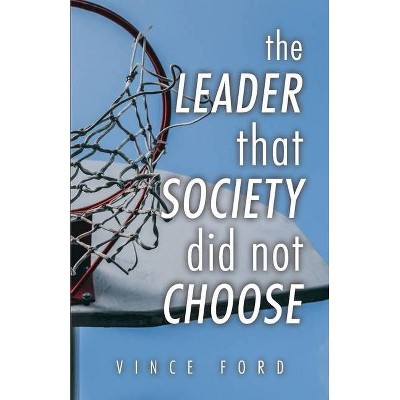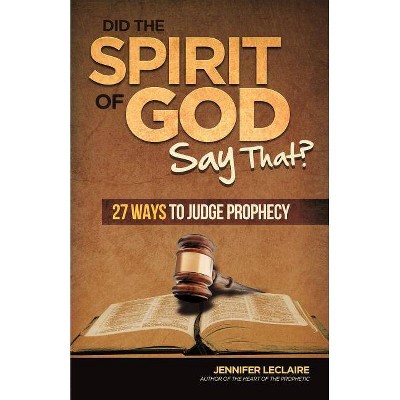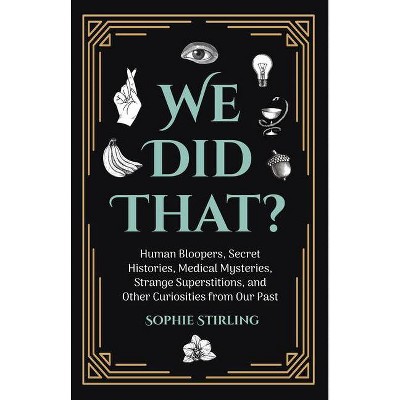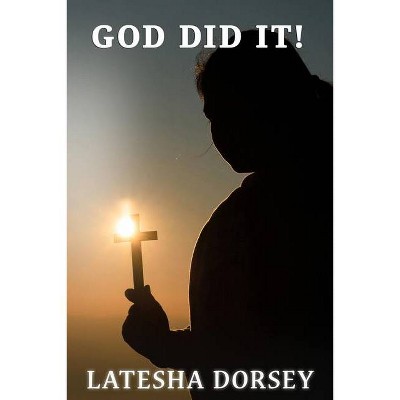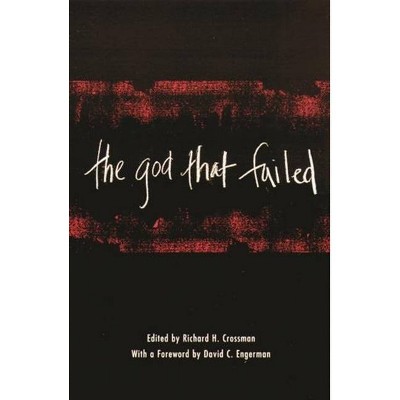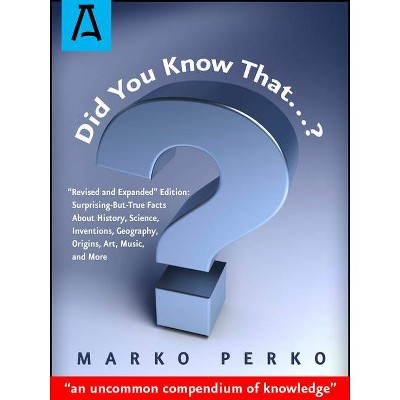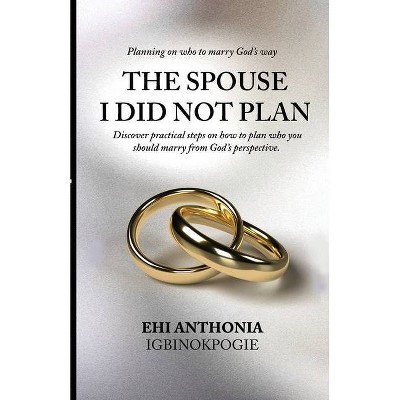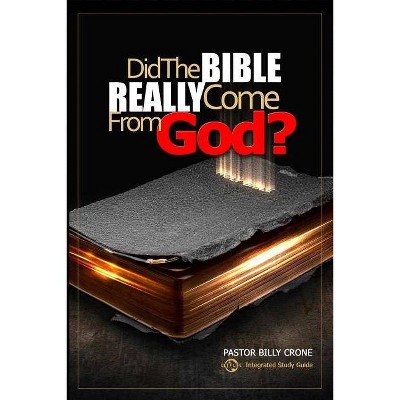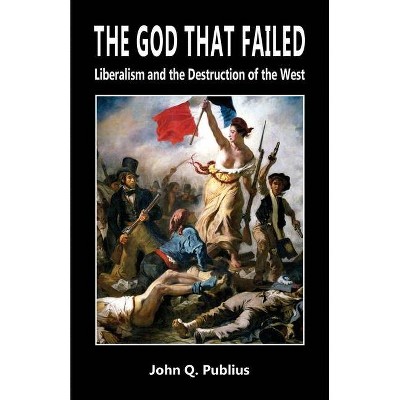The God That Did Not Fail - by Robert Royal (Paperback)
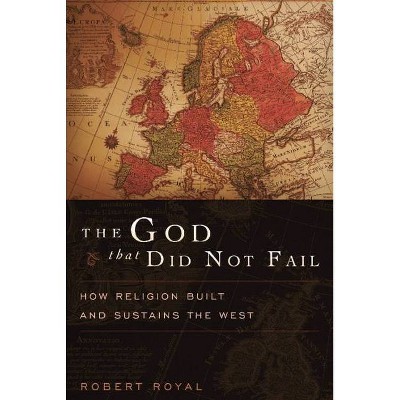
Similar Products
Products of same category from the store
AllProduct info
<p/><br></br><p><b> About the Book </b></p></br></br>Secular humanists and other "progressives" have been predicting the demise of religion for the past 250 years. But they keep running into a problem: those who were supposed to be liberated by the secular gospel that God is Dead aren't buying it. Except for some parts of western Europe and in countries culturally destroyed by Communism, secularization in the radical sense has not occurred. <BR>While it has not obliterated the religious impulse, however, the drive towards "progressive irreligion" has, Robert Royal believes, encouraged ignorance of religion's central role in the development of the West. In "The God That Did Not Fail," Royal offers an original reading of religion in ancient Greece and Rome, of Christianity and Judaism, the Middle Ages, the Renaissance and Reformation, the several modern Enlightenments, culminating with a profound assessment of our current postmodern moment. He concludes that since religion is a permanent part of human nature and of the particular character of the West, our efforts should be directed not into a quixotic effort to deny the undeniable, especially as we face challenges from Islamic fundamentalism, but into promoting a well thought out and dynamic interplay of faith, reason, and modern freedoms.<BR><p/><br></br><p><b> Book Synopsis </b></p></br></br>Secular humanists and other "progressives" have been predicting the demise of religion for the past 250 years. But they keep running into a problem: those who were supposed to be liberated by the secular gospel that God is Dead aren't buying it. Except for some parts of western Europe and in countries culturally destroyed by Communism, secularization in the radical sense has not occurred. <p/>While it has not obliterated the religious impulse, however, the drive towards "progressive irreligion" has, Robert Royal believes, encouraged ignorance of religion's central role in the development of the West. In <i>The God That Did Not Fail</i>, Royal offers an original reading of religion in ancient Greece and Rome, of Christianity and Judaism, the Middle Ages, the Renaissance and Reformation, the several modern Enlightenments, culminating with a profound assessment of our current postmodern moment. He concludes that since religion is a permanent part of human nature and of the particular character of the West, our efforts should be directed not into a quixotic effort to deny the undeniable, especially as we face challenges from Islamic fundamentalism, but into promoting a well thought out and dynamic interplay of faith, reason, and modern freedoms.<br><p/><br></br><p><b> About the Author </b></p></br></br>Robert Royal is president of the Faith & Reason Institute in Washington, D.C. Among his books are 1492 and All That: Political Manipulations of History and The Virgin and the Dynamo: The Use and Abuse of Religion in Environmental Debates.
Price History
Price Archive shows prices from various stores, lets you see history and find the cheapest. There is no actual sale on the website. For all support, inquiry and suggestion messages communication@pricearchive.us
